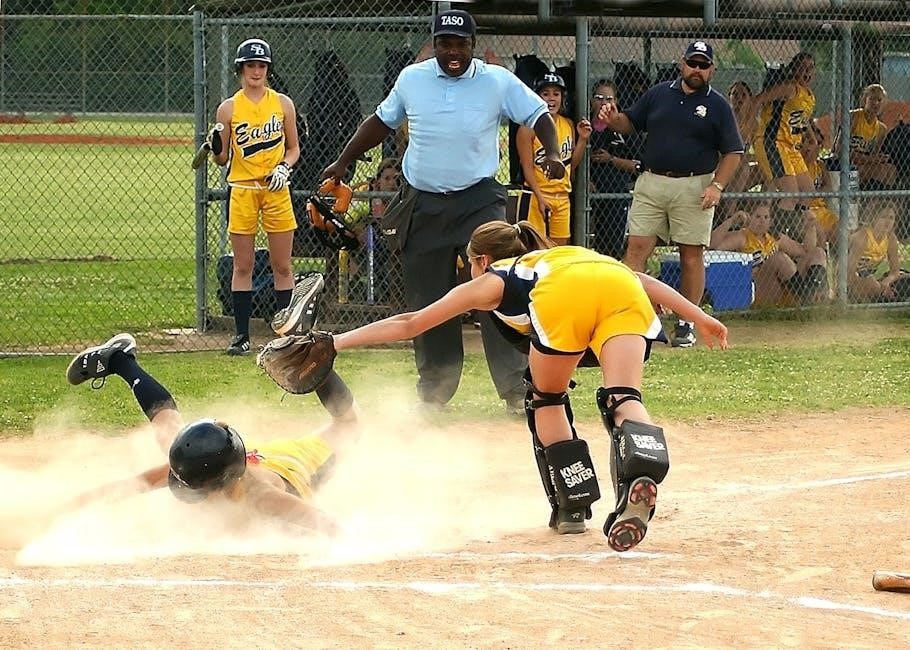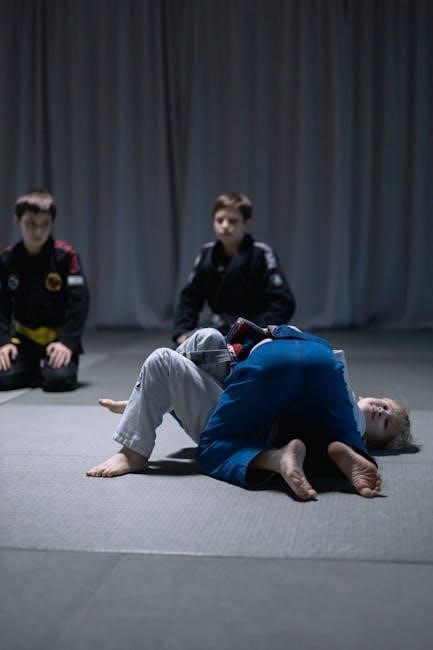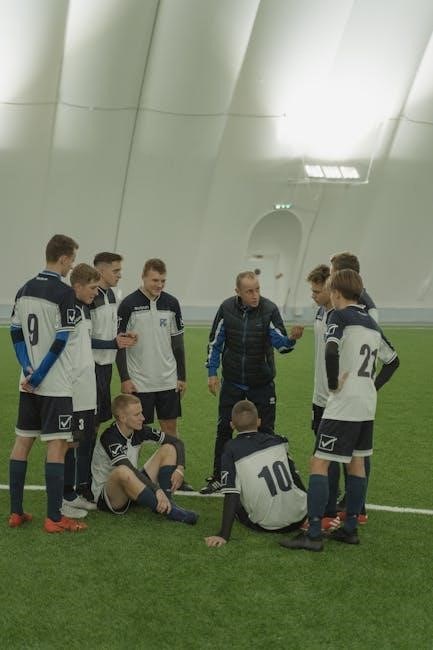Mental toughness is a crucial aspect of an athlete’s development, and it’s essential to cultivate it from a young age. As a parent, coach, or young athlete, you’re likely looking for ways to improve mental toughness and gain a competitive edge. In this article, we’ll explore the concept of mental toughness, its benefits, and provide a comprehensive guide on how to develop it in young athletes.
What is Mental Toughness?
Mental toughness refers to an individual’s ability to perform at their best, even in the face of adversity, pressure, or stress. It involves developing a range of psychological skills, such as resilience, focus, and confidence, that enable athletes to overcome obstacles and achieve their goals. According to research by Clough and Strycharczyk (2012), mental toughness is closely linked to improved performance in young athletes.
Benefits of Mental Toughness for Young Athletes
The benefits of mental toughness for young athletes are numerous. Some of the most significant advantages include:
- Improved performance: Mental toughness helps young athletes to perform at their best, even under pressure.
- Increased confidence: Developing mental toughness builds confidence and self-belief, which is essential for success in sports.
- Enhanced resilience: Mental toughness helps young athletes to bounce back from setbacks, injuries, or failures.
- Better focus: Mental toughness enables young athletes to maintain their focus and concentration, even in the face of distractions.
Developing Mental Toughness in Young Athletes

Fortunately, mental toughness can be developed and improved over time with practice, patience, and dedication. Here are some tips to help young athletes develop mental toughness:
- Set goals: Encourage young athletes to set specific, achievable goals, and help them develop a plan to achieve them.
- Practice positive self-talk: Teach young athletes to focus on positive self-talk, such as affirmations, to build confidence and self-belief.
- Develop a growth mindset: Encourage young athletes to view challenges as opportunities for growth and development, rather than threats to their ego.
- Learn from failures: Help young athletes to learn from their mistakes and use them as an opportunity to improve and grow.
- Develop a pre-performance routine: Encourage young athletes to develop a pre-performance routine, such as visualization or deep breathing, to help them prepare for competition.

Mental Toughness Training Programs

There are many mental toughness training programs available that can help young athletes develop the psychological skills they need to succeed. Some popular programs include:
- Mental Toughness for Young Athletes by R.K. Malinauskas

Mental toughness is a critical component of an athlete’s development, and it’s essential to cultivate it from a young age. By understanding the benefits of mental toughness and using the tips and strategies outlined in this article, young athletes can develop the psychological skills they need to succeed in sports and beyond. Remember, mental toughness can be developed and improved over time with practice, patience, and dedication.
Download the Mental Toughness for Young Athletes PDF to learn more about how to develop mental toughness in young athletes and gain a competitive edge in sports.
